When Brooke Simmers was in a rehab facility for opiate addiction, she told her father, Kevin, that she wanted to open her own halfway house. Brooke died in 2015, but now, her father has made her dream a reality.
"It's our belief that Brooke prayed for a house," Simmons told TODAY's Craig Melvin on the newest episode of "Dads Got This." "She prayed for a house that would help women, her own rehab facility. She was going to call it Brooke's House, so my wife and I decided that we were going to try to answer Brooke's prayer and fulfill her dream and get her that house."
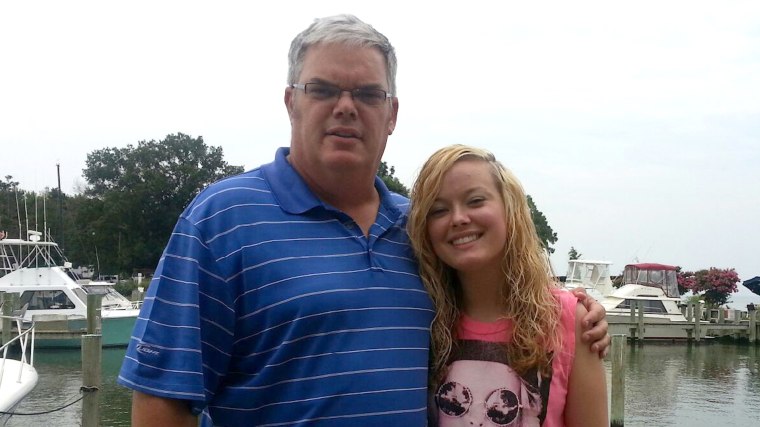
Simmers said that Brooke was his "baby girl" and that the pair did everything together. As she grew older, though, she began to experiment with substances, starting with cigarettes, progressing to alcohol, marijuana, and pills, before finally starting to abuse opiates.
Simmers, a former police officer who was on a drug task force, said that he thought he knew how to handle everything.
"I felt like handcuffs and incarceration were the answer," he said. "But then when my daughter came to me, I felt like somebody just cut my heart out. I mean, it was a pit in my stomach like I've never felt."
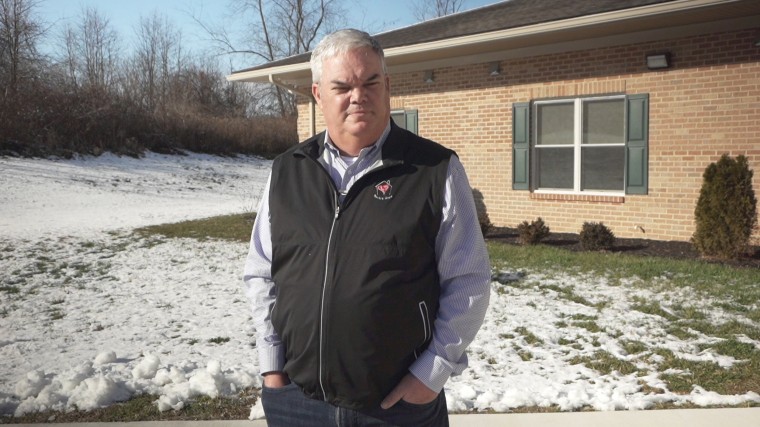
He tried to help his daughter combat her addiction. She spent time in treatment centers, local drug classes, and even went to jail, which led to a defining conversation with her father.
"I was exceptionally proud of my daughter for facing her demons," Simmers said. "And admitting she had a problem. I asked her what she was going to do when she left there, and she said she was going to open her own halfway house, her own rehab facility... So I told her that when she got out of jail, if she stayed sober for one year, and she kept taking her drug and alcohol classes, that I'd get her that house."
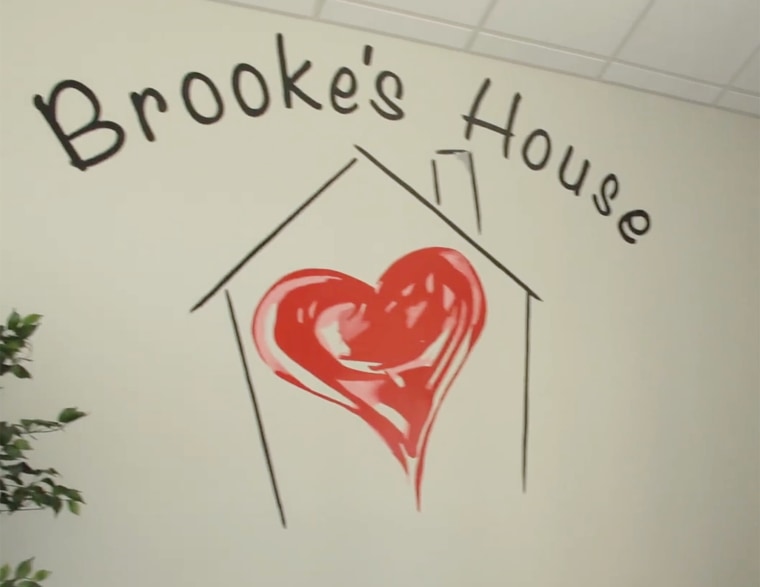
Brooke left jail and began making steps towards her goal, but one day, Simmers and his wife, Jenn, received a call from Brooke's sponsor.
"We got a call from her sponsor, who said Brooke had called her early in the morning," Simmers said. "Brooke (told her sponsor) she relapsed. Her sponsor tried to get her to come home. But Brooke said she couldn't come home because she already embarrassed me enough and disappointed me. She said she couldn't do that again. So Brooke drove to a nearby church, and crawled in the backseat of her car. And she died there from a heroin overdose."
Even as Simmers and his wife mourned Brooke's death, they knew that they would do everything they could to make her dream come true.
"Within a month, we decided we were going to do it," Simmers said. Their community immediately stepped up to help. Contractors volunteered services, while others donated supplies. Everything from the roof to the floors of the building were donated.
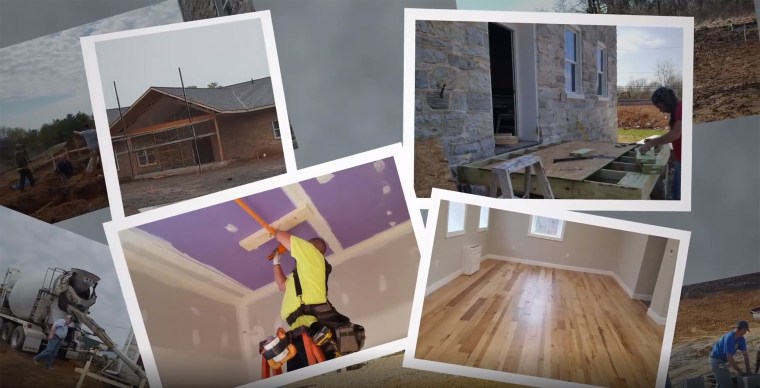
"People, their hearts, were really touched," Simmers said. "And they were ready to step up and do something."
After three years of planning and construction, the facility opened in Hagerstown, Maryland, last year. Simmers retired from his job on the police force in 2017, and in 2018 he took on the position of full-time director and founder of the facility, designing a program partially based off his experiences with his own daughter and her time in treatment.
"She was in and out of five different rehab centers, and rarely was I happy, at any of them, with what was going on, what I saw," he said. "We're trying to raise the bar, raise the level of respect and dignity that we treat a lady with that's in recovery. So I was adamant that we're not going to have bunk beds, that we're not going to have a community shower or a community bathroom."
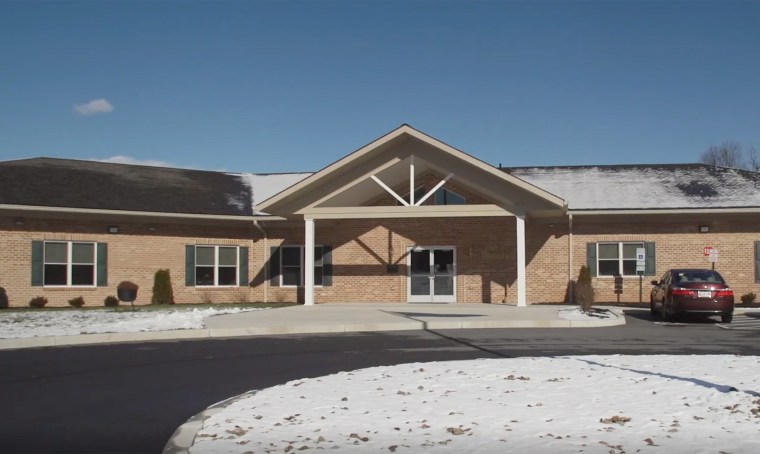
While the facility does have communal rooms, with two women to a room, Simmers said that he ensured that the women have their own space. Also available at Brooke's House is a salon, where they try to give everyone a makeover "within their first 30 days of arriving."
"We have a clinical team at the house," said Simmers. "We had consultants come in. We visited other treatment centers, and we took the best of everything that we found at other places and put it together for what we have at Brooke's House."
Brooke's House also offers several different types of job training.
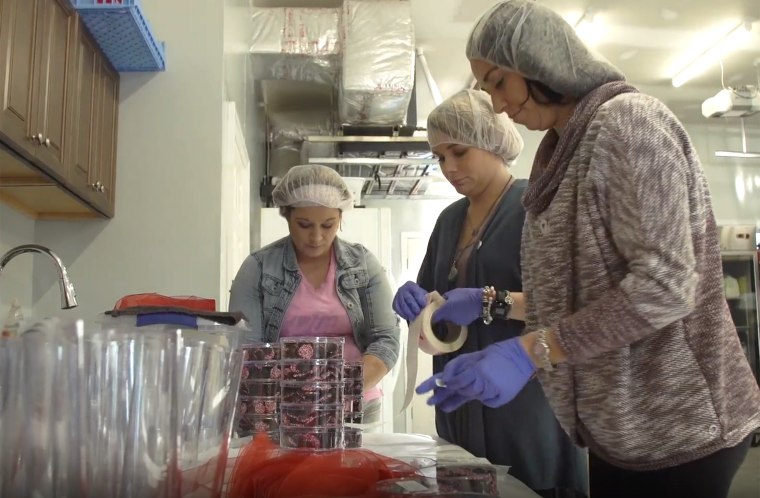
"We have a junk removal business, and we have a professional dog groomer that works here, she teaches our ladies how to bathe dogs and groom dogs," said Simmers. "And then our third social enterprise is where we make chocolate. So you have all these skills to put on a resume, so when you leave our facility, you can go out and find a job. You have a purpose in life. I think the key to beating this epidemic is people have to have a purpose in life."
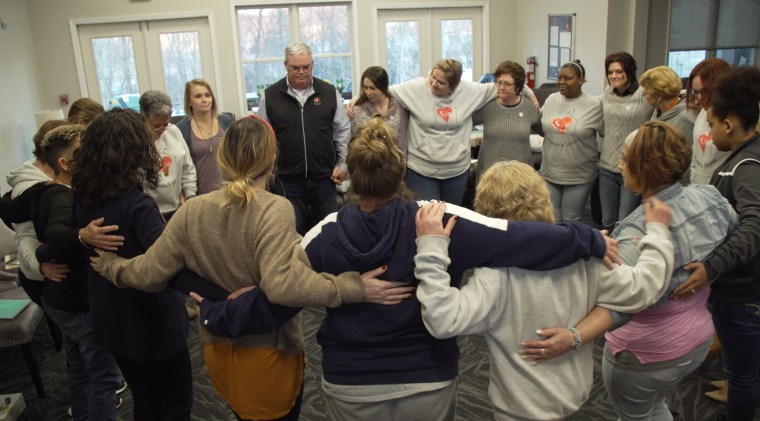
Women like Cara Divelbess said that their time at the facility has been unlike any other treatment thanks to Simmers' involvement.
"That emptiness, the void that I always felt, is now being filled with spiritual principles like honesty and humility and integrity," said Divelbess. "Kevin has really loved me back to life. It's an amazing feeling that he's kind of taken me on as a daughter, and to know that he's my dad is a great feeling. It really is."
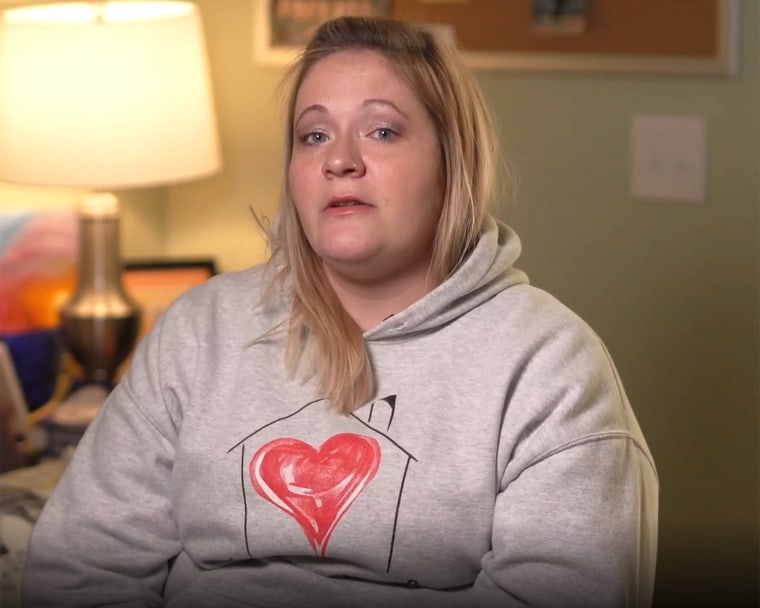
Simmers said that he spends as much time at the facility as possible.
"I'm there every single day of the week and every night of the week," he said. "I talk to every lady in the house just like they're my daughter. I give them advice and I speak from the heart and I tell them what I've been through... I have a vision, and I want that vision to be carried on, so I'm going to stay involved in helping women who are suffering for the rest of my life."
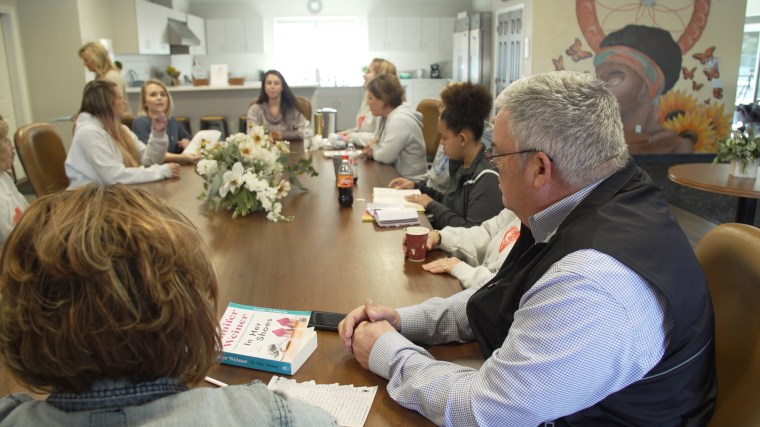
While he's found his own purpose in life, he also believes that this facility is honoring his daughter.
"Brooke would be exceptionally proud of what we've been able to put together," he said.